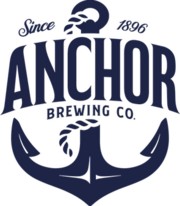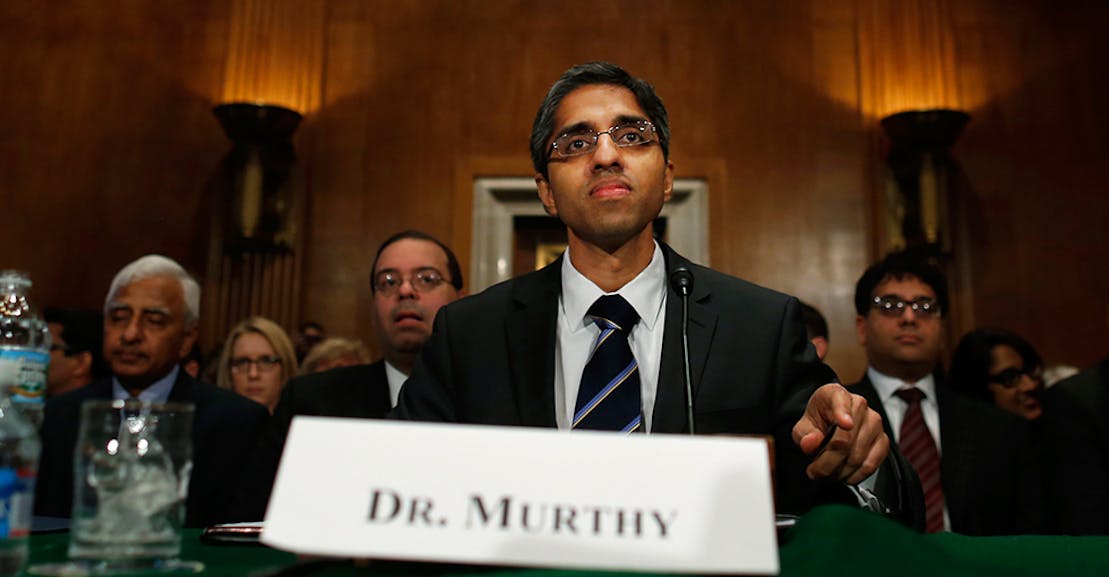The Closure Of Anchor Brewing Company: What's Next?

Table of Contents
The History and Legacy of Anchor Brewing Company
Anchor Brewing Company holds a revered position in the annals of American brewing. Founded in 1896, it's far older than most craft breweries, a true testament to its enduring – until recently – presence. This San Francisco brewery is widely considered a craft beer pioneer, responsible for numerous innovations and a significant influence on the industry's evolution. Its most famous creation, Anchor Steam Beer, a unique and refreshing California Common style, became a global icon and a symbol of San Francisco itself. Anchor’s legacy is undeniable; it paved the way for countless smaller breweries and helped define the very essence of craft beer.
- Year Founded: 1896
- Key Innovations: Anchor Steam Beer (California Common), a pioneering approach to brewing and packaging.
- Industry Impact: A major influence on the craft beer movement, inspiring countless brewers and shaping consumer tastes.
- Notable Awards: Numerous awards throughout its history, solidifying its reputation for quality and innovation.
Reasons Behind the Anchor Brewing Company Closure
The Anchor Brewing Company closure wasn't a sudden event; it was the culmination of several interconnected factors. While the exact reasons remain complex and somewhat opaque, a combination of financial challenges, intensifying competition in the craft beer market, and changing consumer preferences likely played significant roles. The impact of the COVID-19 pandemic, which disrupted supply chains and drastically altered consumer behavior, undoubtedly exacerbated existing difficulties. Market saturation, with the rise of hundreds of new breweries, created a highly competitive landscape where smaller, established players like Anchor faced increasing pressure.
- Decreasing Sales Figures: Reports indicate declining sales in recent years, a trend that likely contributed to the company's financial struggles.
- Increased Production Costs: Rising costs for ingredients, labor, and distribution added further pressure on profit margins.
- Impact of the Pandemic: The COVID-19 pandemic severely impacted the hospitality sector, including breweries and bars, significantly reducing sales and disrupting distribution networks.
- Changes in Consumer Preferences: The craft beer market is constantly evolving; shifts in consumer tastes toward specific styles, flavors, and branding may have also impacted Anchor's market share.
Potential Outcomes After the Anchor Brewing Company Closure
The future of Anchor Brewing Company remains uncertain. Several potential outcomes are possible, each with its own implications:
- Acquisition by a larger brewing company: This is a plausible scenario, given Anchor's iconic brand recognition and established distribution network. A larger company might acquire Anchor, potentially revitalizing the brand or integrating it into its existing portfolio.
- Reopening under new ownership: A new owner might invest in the brewery, potentially updating its branding and product line to appeal to a wider audience. This would require significant capital investment and a clear strategic vision.
- Liquidation of assets: In a less favorable scenario, Anchor’s assets could be liquidated, marking the end of an era.
- The impact on the San Francisco beer scene: The Anchor Brewing Company closure will undoubtedly leave a void in San Francisco's vibrant beer culture, impacting both consumers and the broader local economy.
The Future of Craft Beer in Light of the Anchor Brewing Company Closure
The Anchor Brewing Company closure serves as a cautionary tale for the craft beer industry. While the industry continues to grow, it also faces increasing challenges:
- Increased Competition: The market is saturated, making it difficult for smaller breweries to stand out.
- Changing Consumer Tastes: Consumer preferences are constantly shifting, requiring breweries to adapt their product offerings and branding strategies.
- Economic Factors: Economic downturns, inflation, and rising production costs all impact profitability.
- The role of sustainability and innovation: Sustainability and innovative brewing practices are becoming increasingly important factors for consumer choice.
Conclusion: What the Future Holds for Anchor and the Craft Beer Industry
The Anchor Brewing Company closure highlights the challenges facing even established players in the dynamic craft beer market. A combination of financial difficulties, increased competition, changing consumer preferences, and the impact of the pandemic contributed to this unfortunate outcome. The potential futures range from acquisition and revival to complete closure, leaving a significant question mark over the fate of this iconic brand. The legacy of Anchor, however, remains undeniable; its impact on the American craft beer industry is profound and enduring. We encourage you to share your thoughts and opinions on the Anchor Brewing Company closure – what is your favorite Anchor beer? What do you think the future holds for this iconic brand and the broader craft beer landscape? Let's discuss!

Featured Posts
-
 Once Rejected Now A Heartbeat The Story Of A Footballing Star
May 10, 2025
Once Rejected Now A Heartbeat The Story Of A Footballing Star
May 10, 2025 -
 The Pam Bondi Video A Deeper Look At Her Statements On American Citizens
May 10, 2025
The Pam Bondi Video A Deeper Look At Her Statements On American Citizens
May 10, 2025 -
 How Elon Musk Made His Billions A Deep Dive Into His Financial Success
May 10, 2025
How Elon Musk Made His Billions A Deep Dive Into His Financial Success
May 10, 2025 -
 Surgeon General Nomination Withdrawn A Social Media Influencers Unexpected Rise
May 10, 2025
Surgeon General Nomination Withdrawn A Social Media Influencers Unexpected Rise
May 10, 2025 -
 Solve Nyt Strands Game 376 Friday March 14 Hints And Answers
May 10, 2025
Solve Nyt Strands Game 376 Friday March 14 Hints And Answers
May 10, 2025
